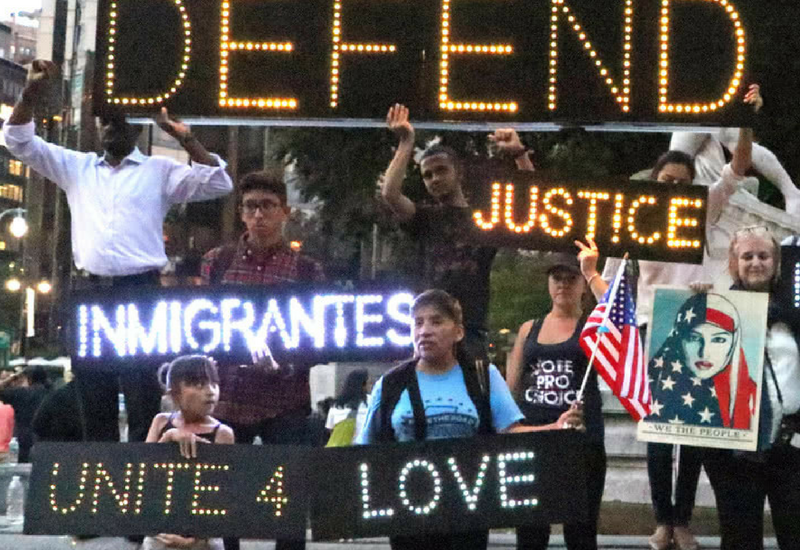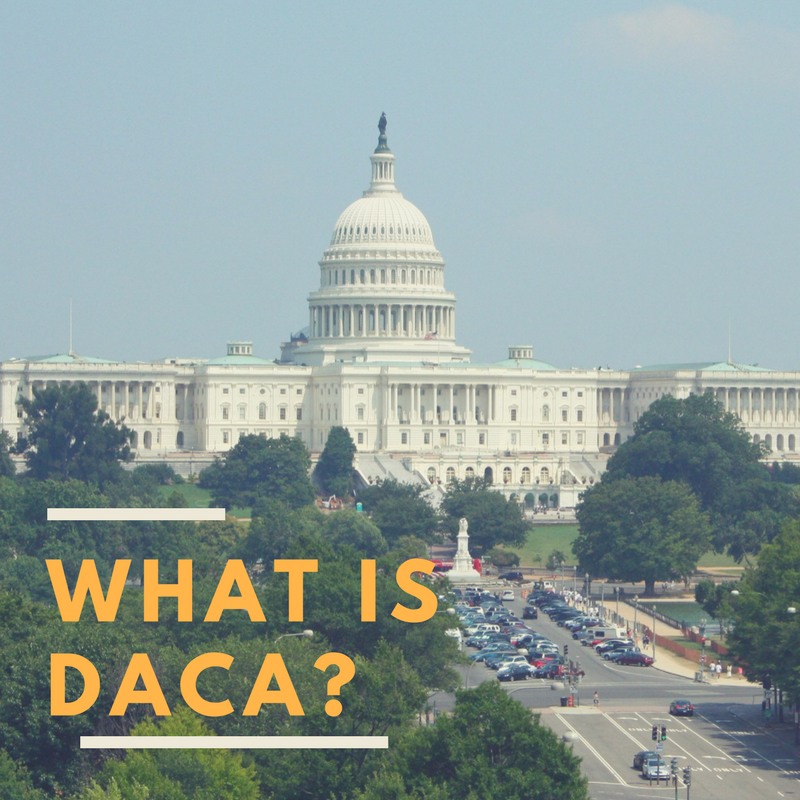What Is DACA & Who Are The Dreamers? By: Dani Santos-Price


The plight of dreamers is a fascinating topic to me as a Hispanic female and daughter of an immigrant mother. While many Dreamers are of Latino heritage there are many nationalities in this group. Presna Preshilalal Lal came to the U.S. at the age of 13. She used social media to “come out” as an undocumented immigrant spearheading growth in awareness and support through her own website. Walter Lara, a college student from Argentina, living in Miami, revealed his order for deportation on his personal Facebook page. His admission drew local support and eventually legislative action which temporarily deferred his deportation. Steve Li, another college student in San Francisco, faced deportation. Friends campaigned for him on Facebook, which garnered the support of activists and influencers. Ultimately, Steve was granted a temporary reprieve by Senator Dianne Feinstein. These dramatic stories, however, are not the norm. Many Dreamers have been deported to their parents’ native countries, places which are essentially foreign to them, to live in lands they don’t remember, sometimes facing languages they don’t speak very well, if at all.
Dreamers share personal stories and engage in activism through a variety of platforms including personal Facebook pages, and immigration advocacy websites such as Change.org, Citizen Orange, and United We Dream. It is safe to say, this is not your first-generation immigrant activist movement. These are kids with some serious social media skills. Nevertheless, political action is often reduced to dueling viewpoints. The hard-fought battle for the permanency of DACA proves the use of social media does not have a single preordained outcome.
Dreamers have some immigration rights granted by DACA (Deferred Action for Childhood Arrivals). The grassroots movement is very active and uses the hashtag #heretostay in social media. In 2010, the Dream Act was presented to the Senate after passing in the House of Representatives. The Senate, however, did not pass the bill by five votes. Undeterred by the setback, former President Obama signed DACA into law via executive order.
Today, DACA is disputed by the Trump Administration as unconstitutional. The bill was repealed by Trump last year; however, a federal judge ordered its reinstatement. The Supreme Court declined Trump’s request to review the repeal, forcing preliminary reviews in lower courts. Many organizations such as civil rights groups and universities have filed lawsuits against the federal government. Several states have filed lawsuits as well. The political weight of this issue came to a head a couple of months ago when Republicans offered to support DACA in exchange for funds to build the border wall which Trump promised during his presidential campaign. On April 24, the repeal of DACA was rescinded by U.S District Judge Bates. The Trump Administration has 3 months from the ruling date to respond.
The controversy has given Dreamers a national spotlight; however, the movement had a modest beginning. In its formative years, Dreamers trained with more experienced grassroots movements including civil rights and LGBTQ groups to learn the basics of activism including fundraising and organizing volunteers. Slowly they began to gain trust and support in the nation.
Despite grim setbacks, 80% of Americans favor a legalization path for Dreamers, according to a 2017 POLITICO poll. Data published by Science Direct, a leading research site, concluded DACA reduces poverty by 38% in immigrant households. This supporting evidence helps Dreamer activists boost their case in social media. Last fall, Dreamers were joined by supporters, including congressmen and top NY City officials, in protests all over the nation including right outside Trump Tower. Dreamers have exposed a deficiency in our immigration system fanning discussions in social media which have evolved into a national political debate now playing out in mainstream media. The future of the movement now rests with the courts and with the unwavering resolve of children of immigrants who have adopted this nation as their own.




Comments
Trackbacks & Pingbacks
[…] quick history lesson, the 19th amendment granted women the right to vote. This day is so important, even in 2020 where reports of voter suppression and the attack on the USPS which affects mail ballots are […]